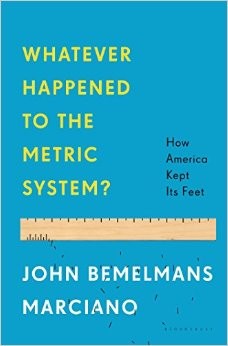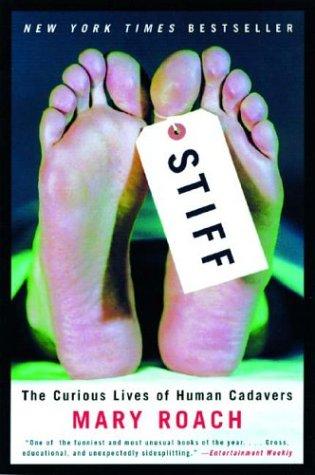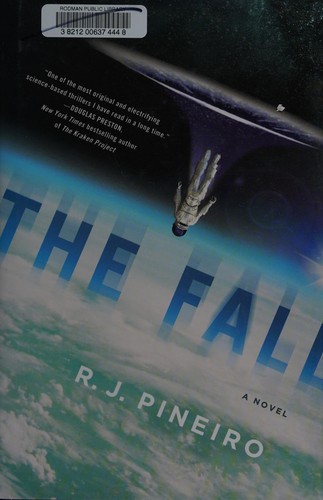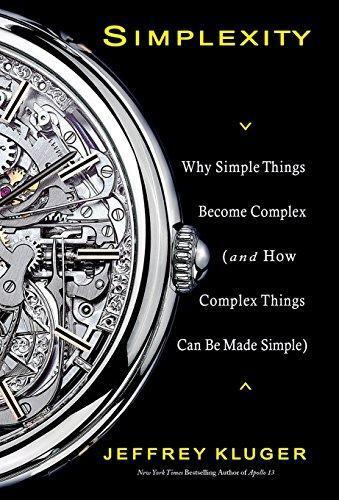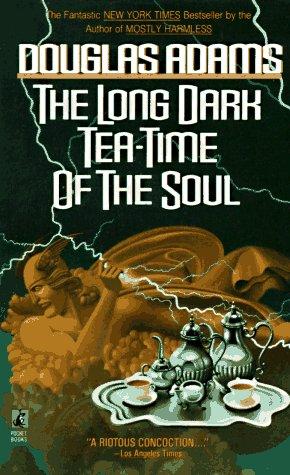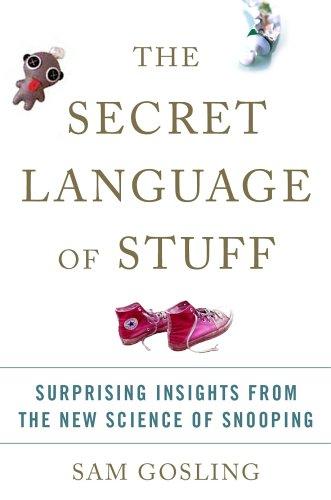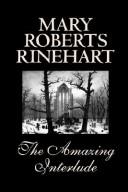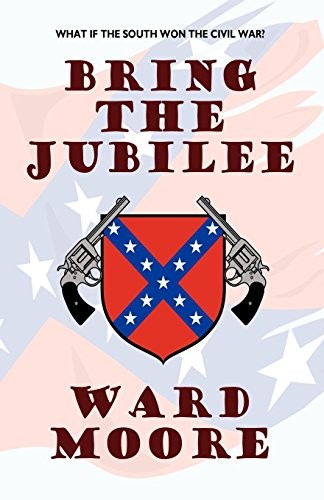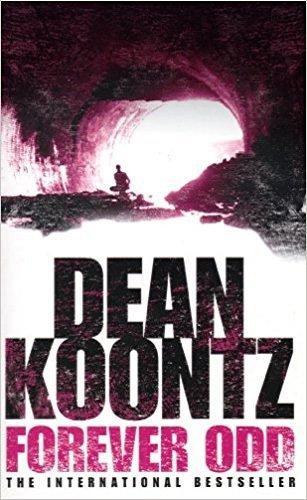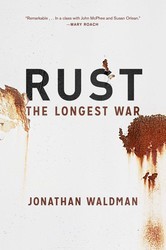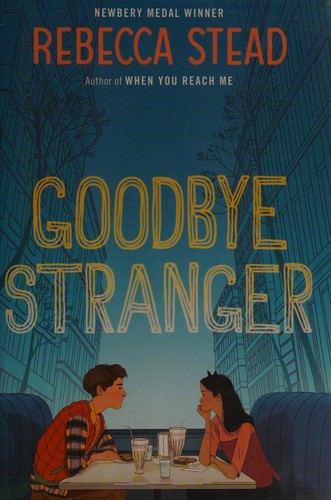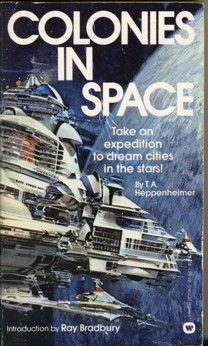Review of 'Whatever Happened to the Metric System: How America Kept Its Feet' on 'Goodreads'
3 stars
Thin history of standardization, decimalization, and yes, metrification of the world. Many historical points were quite brief, but there was a lot to cover. One chapter on standardized spelling, two more solid chapters on the French revolution and their "interesting" calendar. Other calendar experiments are among the more interesting parts of the book.
In the penultimate chapter we get to the question of America and the failed 70s push for metric. Not as interesting as you would think - some baggage from the push in the 1870s, some political infighting. The final chapter summarizes the current state of affairs - a hodge-podge of units for the masses, metric for scientists, and only briefly touches on the Mars mission failure.
While interesting, it felt a lot more like an overview. The answer to the title question was unsatisfying - what we do today is okay, and computers can cover the rest. …
Thin history of standardization, decimalization, and yes, metrification of the world. Many historical points were quite brief, but there was a lot to cover. One chapter on standardized spelling, two more solid chapters on the French revolution and their "interesting" calendar. Other calendar experiments are among the more interesting parts of the book.
In the penultimate chapter we get to the question of America and the failed 70s push for metric. Not as interesting as you would think - some baggage from the push in the 1870s, some political infighting. The final chapter summarizes the current state of affairs - a hodge-podge of units for the masses, metric for scientists, and only briefly touches on the Mars mission failure.
While interesting, it felt a lot more like an overview. The answer to the title question was unsatisfying - what we do today is okay, and computers can cover the rest. 2½ stars.

